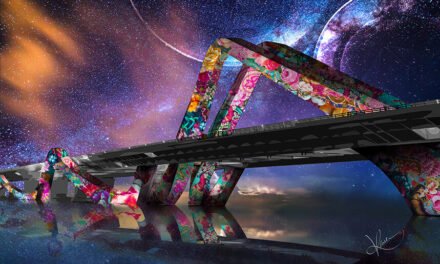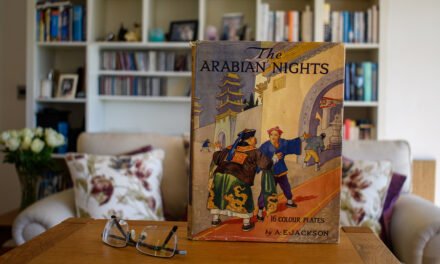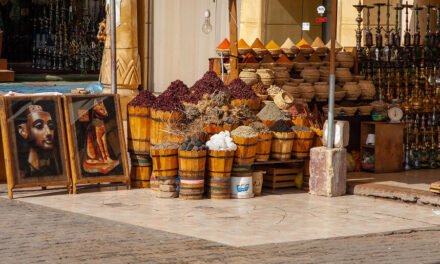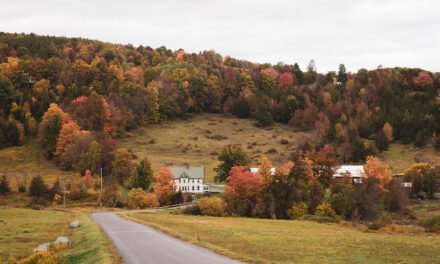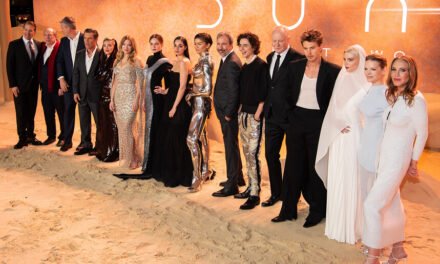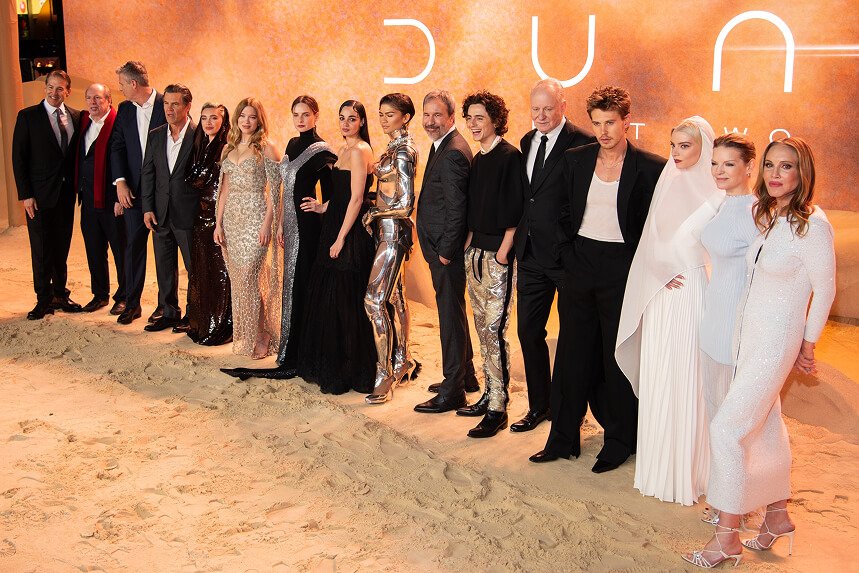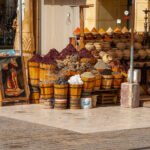Netflix, Prime, and the Global Appetite for Desert Drama and Dune Landscapes
There’s something about sweeping sandscapes and sun-kissed skylines that filmmakers can’t seem to resist. From the adrenaline-pumped precision of Mission: Impossible to the hypnotic stillness of Dune, a certain cinematic aesthetic—somewhere between myth and modernity—is rising to global prominence. And whether viewers realize it or not, much of that atmosphere is born in one richly textured region: the Middle East and North Africa.
In today’s entertainment world, streaming isn’t just a trend. It’s a telescope and right now, that lens is subtly but steadily shifting toward the MENA region.
From Sand to Screen: MENA as the New Cinematic Muse
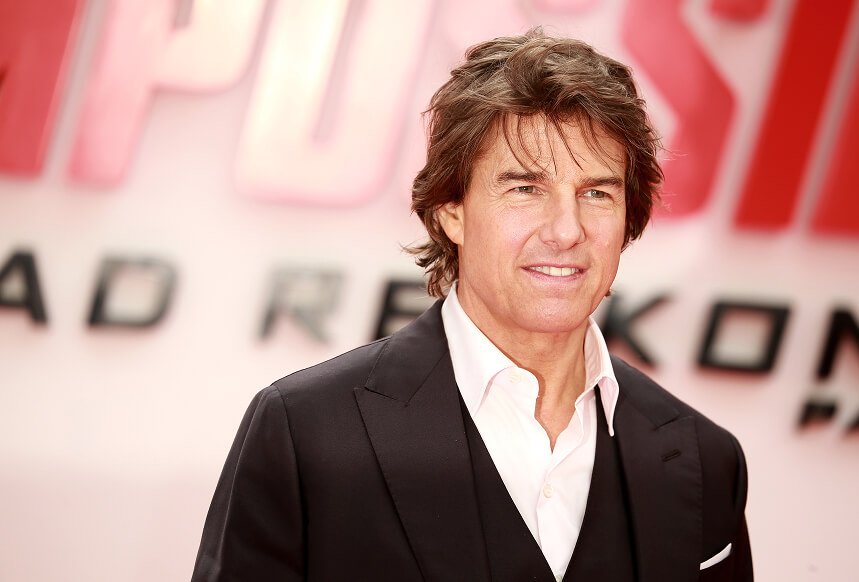
When Tom Cruise filmed Mission: Impossible – Dead Reckoning Part One in Abu Dhabi’s futuristic Midfield Terminal, he called the city “beautiful, romantic, and amazing.” That wasn’t just a press quote—it was a love letter to the region’s growing role as a cinematic powerhouse. Meanwhile, Dune’s haunting portrayal of the planet Arrakis found its soul in the Liwa Desert and Wadi Rum, with director Denis Villeneuve emphasizing how the landscapes added “truth and texture” to the story.
These aren’t just locations, they’re characters in their own right. Their scale, their silence, their symbology. They linger long after the credits roll.
Even Apple TV+’s upcoming thriller Prime Target—though shot mostly across England—feels inspired by the geopolitics and psychological tension often found in desert espionage thrillers. As the plot dives into high-stakes conspiracies and unraveling truths, it echoes the energy of a region often misunderstood, yet always magnetic.
This isn’t a story about strategy decks and subscriber counts. Yes, Netflix is expanding Arabic-language content by renewing shows like Dubai Bling, The Exchange, and Al Rawabi School for Girls, but more importantly, these stories are sticking. They’re hitting that rare sweet spot where authenticity meets bingeability.
The Stream Is Subtle, But It’s There

What’s notable isn’t that these shows are Middle Eastern, it’s that they’re confidently, unabashedly themselves. Glamorous, grounded, controversial, complex. You don’t watch them because they’re from the region. You watch them because they’re good.
That, in itself, is the shift. We’re moving from representation to resonance.
The Star Power Behind the Shift
Directors are returning. Studios are scouting. And celebrities aren’t just stopping by, they’re celebrating. Abu Dhabi, in particular, is becoming a favorite for A-listers and auteurs alike, offering production incentives alongside world-class infrastructure.
But perhaps the most powerful validation isn’t from Hollywood—it’s from Cannes.
MENA at Cannes & the Oscars: Not Just Attending—Winning
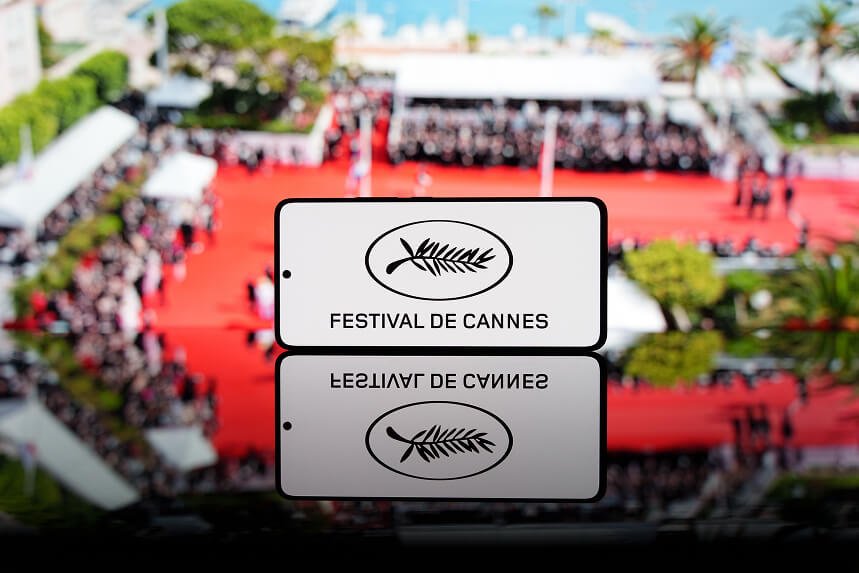
At the 2025 Cannes Film Festival, Iranian director Jafar Panahi’s politically charged thriller It Was Just an Accident took home the Palme d’Or. It was raw, unflinching, and impossible to ignore. Iraqi filmmaker Hasan Hadi’s The President’s Cake snagged the Camera d’Or, becoming the first Iraqi film to win at Cannes.
Meanwhile, the Oscars spotlighted the region with Iranian animated short In the Shadow of the Cypress winning Best Animated Short Film. And No Other Land, a searing Palestinian documentary, made history with its Academy Award win, showcasing the depth and defiance embedded in modern MENA storytelling.
These aren’t one-off anomalies. They’re signals. The world is not just watching—it’s applauding.
Streaming, But Make It Soulful
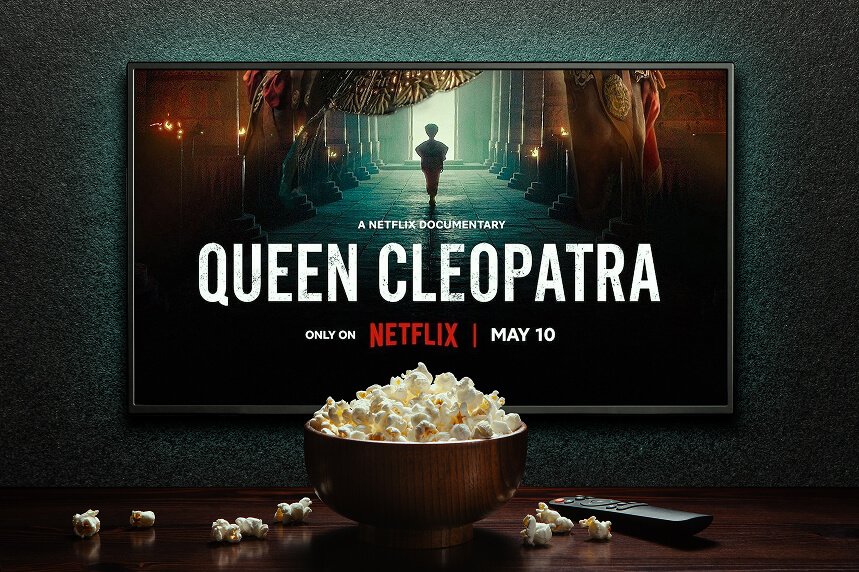
It’s easy to reduce streaming trends to algorithms and analytics. But sometimes, it’s simpler than that. Sometimes, audiences are just hungry for something real, something rooted. In an era of shiny sameness, the region’s content offers mood, meaning, and memory.
And maybe that’s what makes this moment so exciting.
It’s not about shouting “look at us”—it’s about creating the kind of stories that are impossible to look away from.
Because whether it’s on a windswept screen in Cannes or from a couch in Cairo, stories travel best when they carry more than pixels—they carry a pulse.
Documentaries with Depth: Real Stories from a Region in Flux
Beyond the red carpets and fictional narratives, documentary films from the MENA region are carving out their own lane—one marked by courage, intimacy, and urgency. No Other Land, nominated for the 2025 Academy Awards, chronicles Palestinian activist Basel Adra’s efforts to document the erasure of his West Bank community, a haunting testament to resistance in real time. Tunisia’s Four Daughters, a hybrid docu-drama nominated in 2024, dared to blend art and reality to dissect generational trauma. And before that, The Cave and For Sama pierced through the noise with their visceral accounts of life and survival inside war-torn Syria, led by brave female voices behind and in front of the lens. These aren’t just films—they’re frontline testaments, shaped by lived experience and political urgency. They remind us that the region’s stories aren’t just cinematic—they’re consequential. And global audiences are listening.




